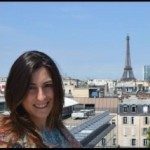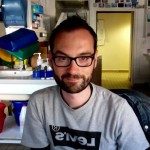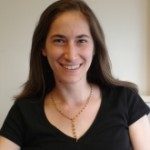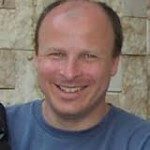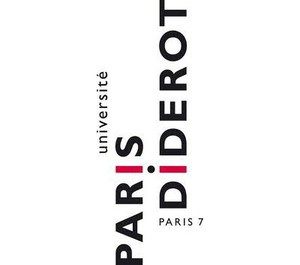Ai Ing’s paper on human ILC precursors was recently published in Cell.
Systemic Human ILC Precursors Provide a Substrate for Tissue ILC Differentiation.
Cell. 2017 Mar 9;168(6):1086-1100.e10. doi: 10.1016/j.cell.2017.02.021.
Ai Ing Lim,1,2,3 Yan Li,1,2 Silvia Lopez-Lastra,1,2,4 Ralph Stadhouders,5 Franziska Paul,6 Armanda Casrouge,1,2, Nicolas Serafini,1,2 Anne Puel,7,8 Jacinta Bustamante,7,8 Laura Surace,1,2 Guillemette Masse-Ranson,1,2 Eyal David,6, Helene Strick-Marchand,1,2 Lionel Le Bourhis,9 Roberto Cocchi,10 Davide Topazio,10 Paolo Graziano,10, Lucia Anna Muscarella,10 Lars Rogge,11 Xavier Norel,12 Jean-Michel Sallenave,3,13 Matthieu Allez,9,14 Thomas Graf,5, Rudi W. Hendriks,15 Jean-Laurent Casanova,7,8,16,17,18 Ido Amit,6 Hans Yssel,19 and James P. Di Santo1,2,20,*
- Innate Immunity Unit, Institut Pasteur, 75724 Paris, France
- Inserm U1223, 75015 Paris, France
- Universite´ Paris-Diderot, Sorbonne Paris Cite´ , 75205 Paris, France
- Universite´ Paris-Sud, Paris-Saclay, 91405 Orsay, France
- Centre for Genomic Regulation, The Barcelona Institute of Science and Technology, 08003 Barcelona, Spain
- Department of Immunology, Weizmann Institute of Science, 76100 Rehovot, Israel
- Laboratory of Human Genetics of Infectious Diseases, Necker Branch, Inserm U1163, 75015 Paris, France
- Imagine Institute, 75015 Paris, France
- Inserm U1160, Institut Universitaire d’Hematologie, Hopital Saint-Louis, 75010 Paris, France
- Scientific Institute for Research and Health Care ‘‘Casa Sollievo della Sofferenza,’’ 71013 San Giovanni Rotondo, Italy
- Immunoregulation Unit, Institut Pasteur, 75724 Paris, France
- Inserm U1148, Laboratory for Vascular Translational Science (LVTS), CHU X. Bichat, 75877 Paris, France
- Inserm U1152, Faculte´ de Medicine site Bichat, Universite´ Paris Diderot, Universite´ Sorbonne Paris-Cite´ , 75018 Paris, France
- Gastroenterology Department, Hopital Saint-Louis, AP-HP, 75010 Paris, France
- Department of Pulmonary Medicine, Erasmus MC, 3000 CA Rotterdam, Netherlands
- St. Giles Laboratory of Human Genetics of Infectious Diseases, Rockefeller Branch, The Rockefeller University, New York, NY 10065, USA
- Howard Hughes Medical Institute, New York, NY 10065, USA
- Pediatric Hematology-Immunology Unit, Necker Hospital for Sick Children, 75015 Paris, France
- Inserm U1135, Centre d’Immunologie et des Maladies Infectieuses, 75013 Paris, France
- Lead Contact
*Correspondence: james.di-santo@pasteur.fr
Innate lymphoid cells (ILCs) represent innate versions of T helper and cytotoxic T cells that differentiate from committed ILC precursors (ILCPs). How ILCPs give rise to mature tissue-resident ILCs remains unclear. Here, we identify circulating and tissue ILCPs in humans that fail to express the transcription factors and cytokine outputs of mature ILCs but have these signature loci in an epigenetically poised configuration. Human ILCPs robustly generate all ILC subsets in vitro and in vivo. While human ILCPs express low levels of retinoid acid receptor (RAR)-related orphan receptor C (RORC) transcripts, these cells are found in RORC-deficient patients and retain potential for EOMES(+) natural killer (NK) cells, interferon gamma-positive (IFN-γ(+)) ILC1s, interleukin (IL)-13(+) ILC2s, and for IL-22(+), but not for IL-17A(+) ILC3s. Our results support a model of tissue ILC differentiation (“ILC-poiesis”), whereby diverse ILC subsets are generated in situ from systemically distributed ILCPs in response to local environmental signals.
DOI: 10.1016/j.cell.2017.02.021
PMID: 28283063

